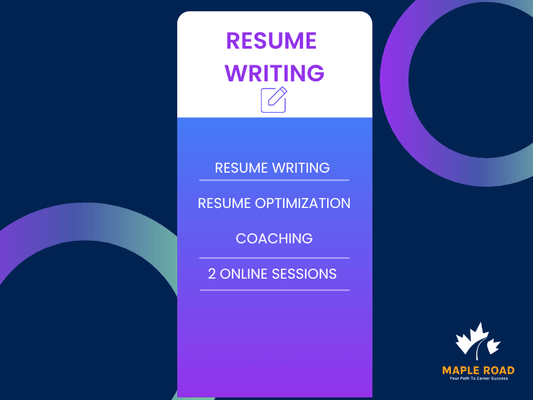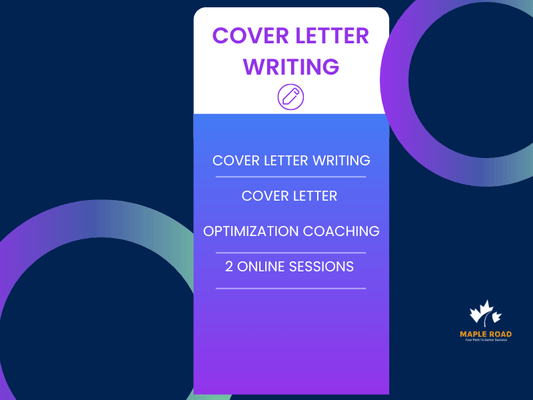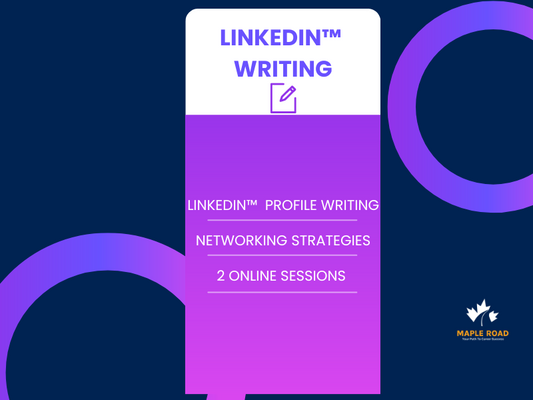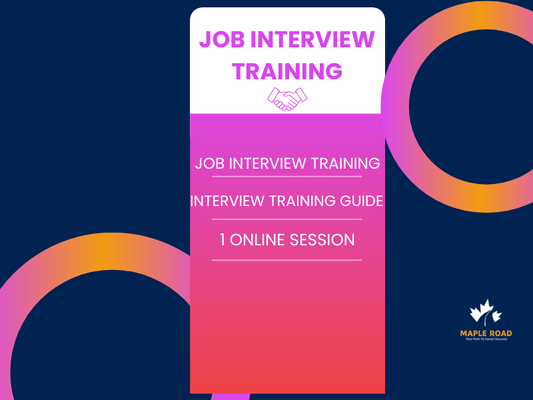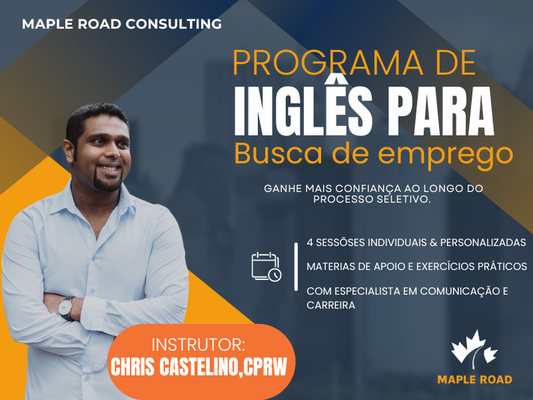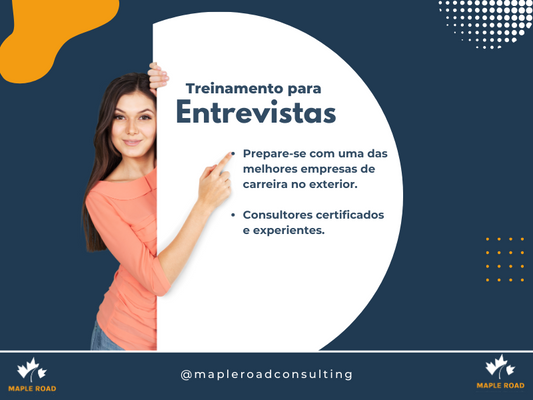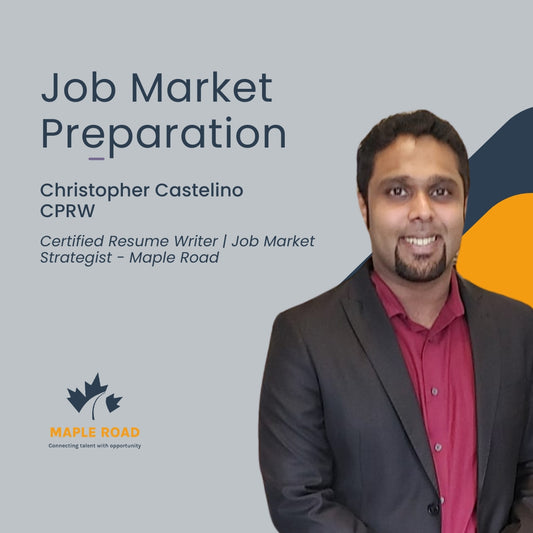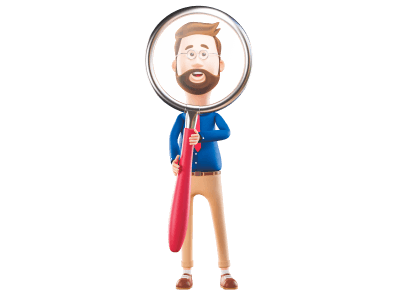Have you ever stopped to think that what’s holding you back from getting the job isn’t your lack of experience — but the way you tell your story?
I see this every day in my sessions: talented professionals with years of experience, solid results, and impressive skills who simply don’t know how to present themselves in a way that connects with the recruiter.
The problem isn’t content — it’s connection.
🔍 What Recruiters Really Want to Hear
When an interviewer asks, “Tell me about yourself,” they’re not looking for a summary of your résumé.
They want to understand who you are as a professional, what drives you, and why you’re the right person to solve the company’s problem.
But here’s what usually happens: most people answer by listing their career chronologically — “I started here, then moved there” — without highlighting results, lessons, or purpose.
That’s when the story gets lost.
💡 The Difference Between a Work History and a Story
A work history is what you did.
A story is why it mattered and the impact you created.
👉 A history says: “I worked in sales for five years.”
👉 A story says: “In five years in sales, I learned how to turn objections into opportunities — and that’s how I exceeded my targets by 120%, even in a tough market.”
See the difference?
One informs. The other connects.
🧭 How to Start Building Your Narrative
Telling your professional story is about clarity and strategy.
Here are three practical steps you can apply today:
1. Find the common thread in your career
Ask yourself: “What connects all my experiences?”
It could be a value, a skill, a curiosity, or a recurring pattern. That’s the central theme of your story.
2. Turn experience into lessons
Don’t just talk about job titles or duties — focus on challenges, actions, and outcomes.
Use a simple structure: Situation → Action → Result → Learning.
This shows maturity and growth.
3. Speak with emotion, but direction
It’s not about being dramatic — it’s about showing what motivates you, what you’ve learned from mistakes, and how that’s made you a better professional.
Remember: people hire people, not robots.
🚀 Your Story Is Your Competitive Advantage
In a global job market — especially in Canada and the U.S., where résumés are just the first filter — how you communicate your story with purpose is what makes you memorable.
And if you don’t tell your story, someone less qualified might tell theirs — and the recruiter might believe it more.
So before your next interview, ask yourself:
📍 What do I want the interviewer to remember about me when the meeting ends?
That’s the heart of your professional narrative.
💬 Final Thoughts
Today’s biggest challenge for job seekers isn’t landing an interview — it’s knowing how to present themselves with authenticity, strategy, and confidence.
And that’s something you can learn, practice, and refine.
Your journey has value. What’s often missing is the right way to tell it.

If you feel ready to take the next step but don’t know how to share your professional story with confidence, we can help.
That’s exactly what we do! We help professionals transform their experience into stories that open doors. Book your free consulting with us and learn more!




